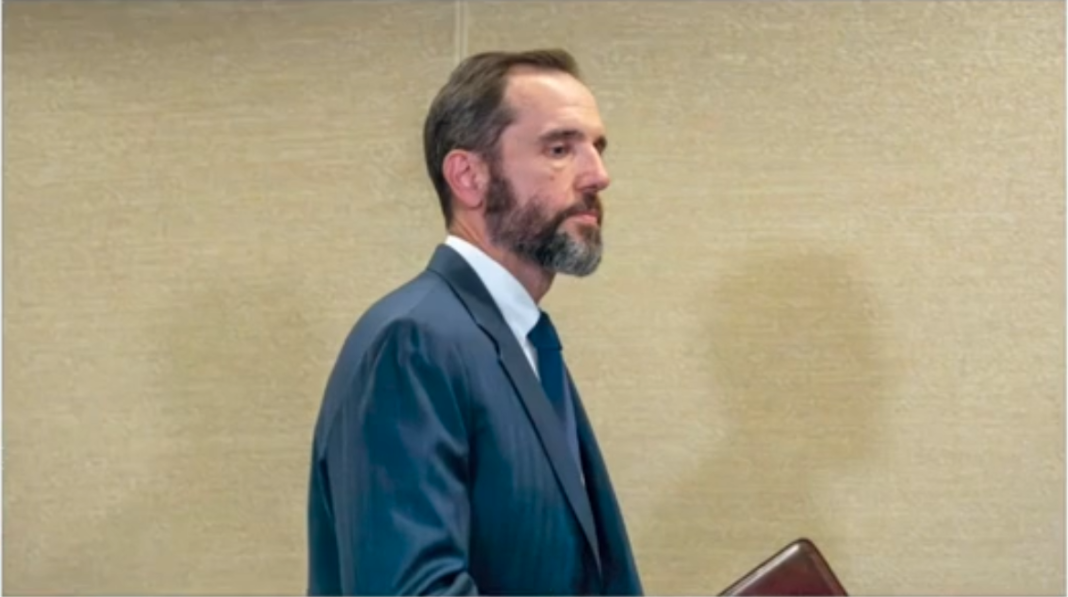As America gears up for the 2024 presidential election, the FBI has taken a decisive step by resuming its dialogues with major social media platforms to counteract ‘disinformation’. This proactive stance is part of a broader strategy to defend the integrity of our elections from foreign interference and domestic misinformation campaigns.
Senator Mark Warner, chair of the Senate Intelligence Committee, disclosed these developments during a briefing at the RSA Conference. The renewed focus on collaborative efforts between federal agencies and social media companies comes against the backdrop of the Supreme Court case, Murthy v. Missouri, which probes into the extent of government influence on content moderation on these platforms.
Previously, allegations surfaced suggesting that prior to the 2020 election, there was undue government pressure on social media companies to censor certain content, particularly regarding COVID-19 vaccines. The Murthy v. Missouri case, currently under review, will likely set precedents on the permissible boundaries of such interactions.
During the RSA Conference, Senator Warner voiced concerns over the cautious approach taken by White House lawyers in interpreting these judicial insights, suggesting it could stifle necessary actions against disinformation. He urged the Biden administration to adopt a more assertive approach in identifying and denouncing foreign entities suspected of election meddling.
Looking ahead, a Senate hearing on election security is scheduled within the next two weeks, expected to cover traditional security measures and address new threats posed by artificial intelligence, including the use of AI-driven tools to intimidate election officials.
The FBI’s spokesperson affirmed their ongoing commitment to combating foreign malign influences on U.S. elections. He outlined that the agency, in coordination with the Department of Justice, has refined its procedures to enhance the sharing of relevant foreign threat information with both election officials and private sector companies, reinforcing their autonomy in responding to such data.
The intensified scrutiny of government collaboration with social media platforms highlights a critical junction in U.S. election security strategy. As the 2024 election looms, the interactions between these entities will play a pivotal role in shaping the information landscape that voters will navigate.
Senator Warner’s call for a more assertive stance against disinformation and foreign interference underlines the need for vigilance and proactive measures to safeguard the electoral process. The impending Supreme Court decision in Murthy v. Missouri will further clarify the scope of government engagement in content moderation, potentially influencing future policies on how misinformation is handled during election cycles.
The FBI’s renewed engagement with social media companies underscores a critical effort to preserve the integrity of U.S. elections. It is imperative that this collaboration remains transparent and adheres to legal standards to maintain public trust and the democratic process. As voters, we must demand elections characterized by fairness and honesty, free from the undue influence of any domestic or foreign entities.

